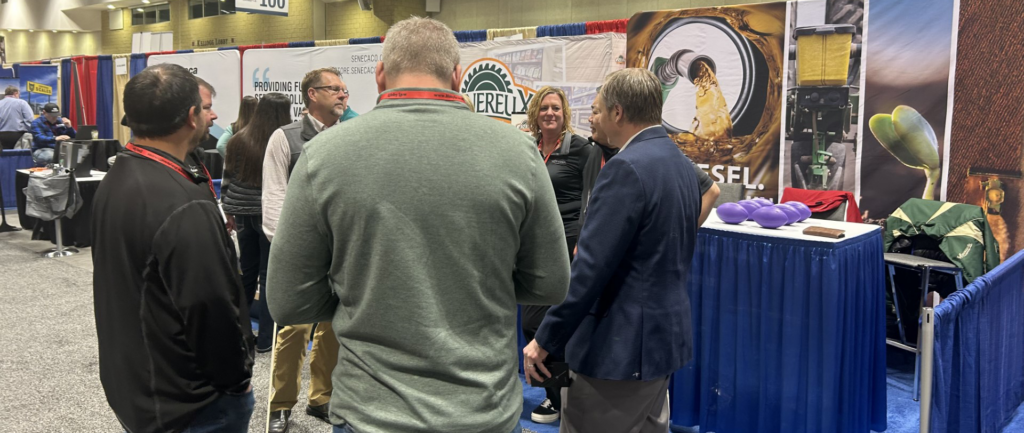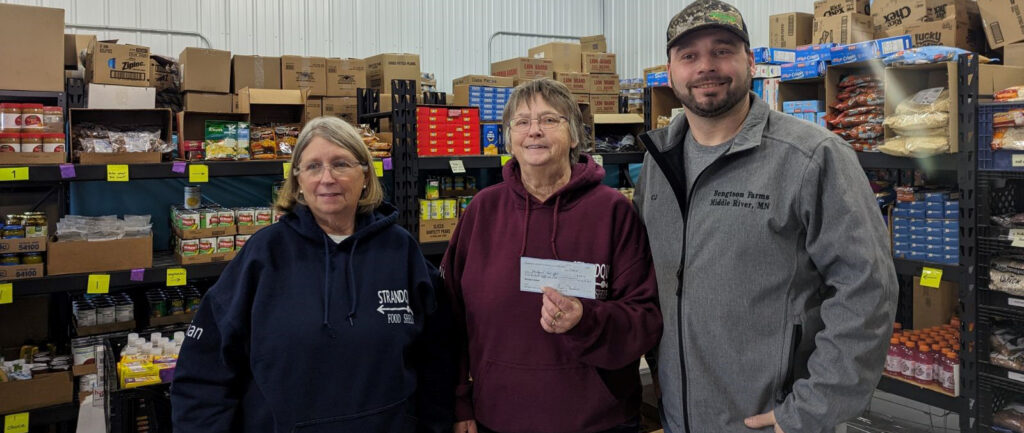In today’s era, consumers are looking for healthier food alternatives. Participants at the Northern Crops Institute (NCI) in Fargo, N.D. focused on just that during the first-ever, two-day course on high oleic soybean oil held June 12-13.
“This was a course idea brought to NCI as there is a clear need to educate people throughout the supply chain on the benefits of high oleic soybean oil,” says NCI Director Mark Jirk. “The demonstrations and side-by-side comparisons really highlighted that in practical use.”
Sponsored by the Minnesota Soybean Research & Promotion Council (MSR&PC) and the North Dakota Soybean Council (NDSC), NCI developed content surrounding the oil’s history, usage in frying/baking applications and nutritional analysis.
“Being able to sit down in an open forum and talk through past issues and learn from our mistakes was great,” said Bryan Stobaugh, director of licensing with the Missouri Soybean Merchandising Council. “We developed a plan moving forward so we don’t have to stumble. We can continually make little strides along the way.”
Sessions in frying and baking with high oleic soybean oil were held to highlight the benefits derived from the use of the oil, which includes the improved shelf life, longer fry life, sustainability and the fact it is grown and produced in the United States.
“Each of these benefits can appeal to their own niche market,” said Kim Nill, MSR&PC director of market development and one of the session instructors at the high oleic soybean oil shortcourse. “We’re hopeful that by working with them, it will give farmers in Minnesota and the Dakotas more options to grow these identify preserved high oleic beans.”
In 2019, 45,000 acres of high oleic soybeans will be planted in Minnesota. With just a small switch to high oleic soybean oil, producers and consumers are receiving a long list of benefits from the product while having a positive impact on the environment.
“High oleic soybean oil is a no-brainer for everyone,” Nill says. “It can replace many cooking oils and provides nutritional benefits for consumers and a growing market access for Minnesota farmers.”
Later this summer, a second high oleic soybean oil short course will be offered at NCI for those involved in the food industry.







